Mozambique: Liberation struggle stalwart João dos Santos Ferreira dies
Mediators leaving Mozambique – AIM report

The international team mediating the talks between the Mozambican government and the Renamo rebels is leaving the country, without securing any advances in the latest, fifth round of dialogue.
“We shall return to Mozambique, if we are invited. As you can see, I’ve packed my bags and I’m ready to travel”, the coordinator of the mediators, European Union representative, Mario Raffaelli, told AIM on Friday. But he gave no further details.
This is the first time the mediators have returned to their home countries without giving any statement to the media after the end of a round of talks. From Raffaelli’s few words, it seems that there is no fixed date for the mediators to return. All will depend on a formal invitation from the Joint Commission established between the government and Renamo.
That Commission was set up expressly to prepare for a face-to-face meeting between President Filipe Nyusi and Renamo leader Afonso Dhlakama. Yet there is no sign of such a meeting and Dhlakama himself has ruled out meeting Nyusi until all the items on the agenda of the talks have been solved.
At the end of the fourth round of talks, in late October, the mediators left a proposal on decentralization (essentially on how provinces are to be governed) with the government and Renamo teams, in the hope that on their return, in November, consensus could be achieved.
But the decentralization issue has been under apparently interminable discussion through most of November and early December. Usually the Joint Commission did not meet in plenary, but the mediators shuttled between the two delegations, attempting to reduce the differences in their positions.
Exactly what the two sides proposed is unknown, since the government, Renamo and the mediators all acted as if they had taken a vow of silence, refusing to release any details to the media.
On 7 December, the Joint Commission did meet and decided to set up a working group to draw up principles that would guide future legislation on decentralization. The members of the working group were to be appointed by Nyusi and Dhlakama. It was not clear why a new working group was needed, since in August the Joint Commission set up a sub-commission to draw up a package of constitutional amendments and new or amended laws on decentralization.
To date, there is no indication that the new working group has met, or has even been formed, thus dashing all hope that any decentralization proposals can be presented this year to the country’s parliament, the Assembly of the Republic. The current sitting of the Assembly ends next Tuesday, and the first sitting of 2017 will not begin until February.
The mediators’ hopes that they could secure a cessation of hostilities have also been frustrated. Renamo gunmen continue to stage ambushes against roads and railways in the central provinces. In gross violation of an earlier agreement on cessation of hostilities, signed on 5 September 2014, between Dhlakama and Nyusi’s predecessor, Armando Guebuza, not a single Renamo gunman has been disarmed.


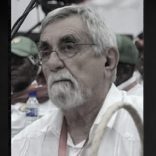
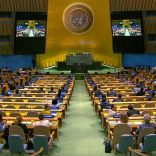
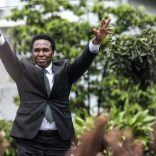
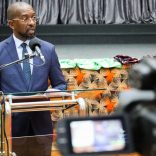
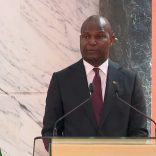
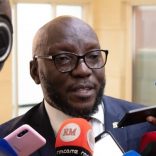



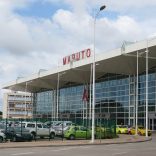
Leave a Reply
Be the First to Comment!
You must be logged in to post a comment.
You must be logged in to post a comment.